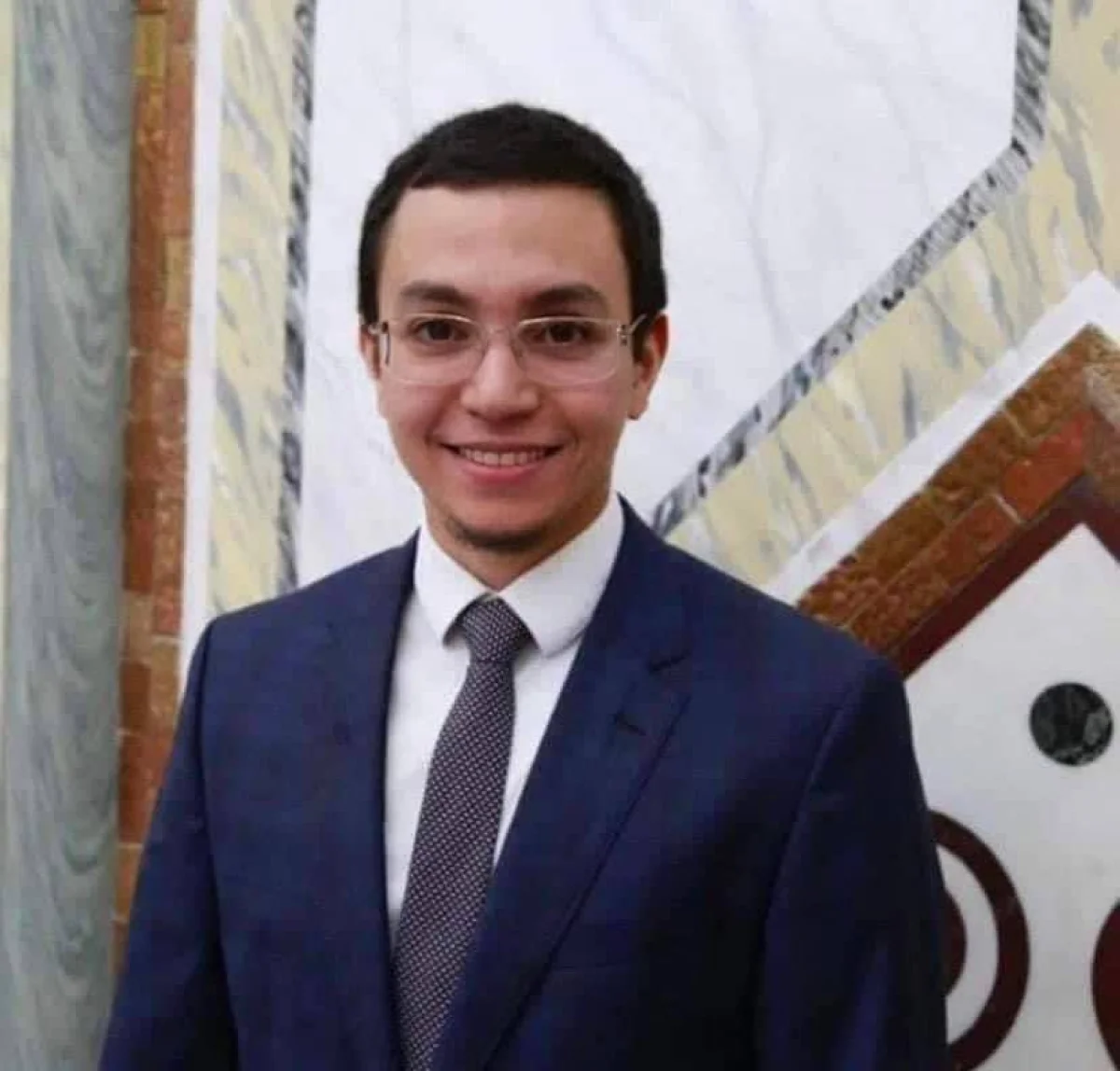The Director of the Information Technology Department at the Central Bank of Libya, “Mousab Muslim,” stated that he did not shut down any systems or remove any data from the Central Bank. All systems were operational at the bank as soon as the technical teams returned to work. This confirmed that they have built an institution not reliant on specific individuals but rather dependent on integrated teams and systems that complement each other.
Muslim clarified that regarding the financial systems and operations, especially after the changes at the Central Bank, there were concerns about international cards (Mastercard & Visa) and rumors of their suspension in Libya. He explained the process in three phases: issuance, loading, and purchase or withdrawal. To load an international card from any commercial bank, the process involves several stages: 1) An individual (4k) or company (500k) submits a request to purchase currency from the commercial bank (via the Foreign Exchange Selling Platform). 2) The commercial bank requests the purchase of foreign currency from the Central Bank of Libya through the Foreign Exchange Selling Platform. 3) The Central Bank of Libya sells the foreign currency to the commercial bank and deposits it in a special account for the commercial bank at the Central Bank of Libya, requiring the RTGS system.
Muslim added that in the 4th stage, the commercial bank submits a request to the Central Bank of Libya to cover its foreign currency account outside Libya with an amount equivalent to the total value required for card loading (via the Foreign Exchange Selling Platform, along with an official paper letter to cover the legal aspect). 5) The Central Bank of Libya sends a message to one of the correspondent banks holding accounts for the Central Bank of Libya, requesting the transfer of the required amount from its account to the commercial bank’s account (requiring the SWIFT system). 6) After the total amount to be loaded is transferred to the commercial bank’s foreign currency account, the commercial bank transfers the amount to an agreed account between it and the Visa or Mastercard company (requiring the SWIFT system). 7) Once the amount reaches the agreed coverage account, the commercial bank loads the card with the required amount for each customer (requiring a special system provided by the contracted company or the commercial bank itself).
Muslim also explained that this process is repeated daily and requires the movement of several accounts within the global financial system, as follows: customer accounts within Libya, commercial banks’ accounts in local and foreign currencies within the Central Bank of Libya, the Central Bank of Libya’s foreign currency accounts outside Libya with correspondents, commercial banks’ foreign currency accounts outside Libya (correspondent banks), and coverage accounts agreed between commercial banks and companies (Mastercard and Visa) outside Libya.
Muslim confirmed that the required systems within the Central Bank of Libya and commercial banks to perform all these operations include the Central Bank’s core banking system, the core banking system of each commercial bank, the foreign exchange platform within the Central Bank, the SWIFT global messaging system, the RTGS (Real-Time Gross Settlement) system within the Central Bank, and the Card Management Systems (CMS) of each commercial bank.
Muslim added that the above-required operations involve multiple bilateral relationships between different parties: a contractual relationship between the Central Bank of Libya and the correspondents, the Central Bank’s relationship with global networks (Mastercard & Visa), a contractual relationship between each commercial bank and its correspondents, a contractual relationship between each commercial bank and the global networks (Mastercard & Visa), and a contractual relationship between each commercial bank and card processors (3rd Party Processors), which may or may not exist depending on each commercial bank’s policy.




